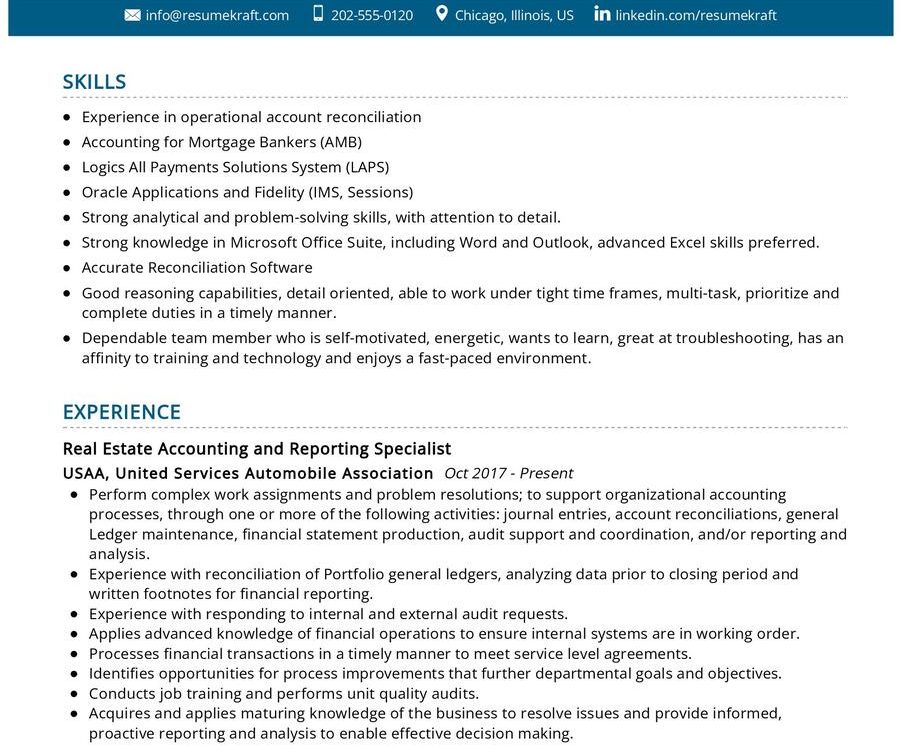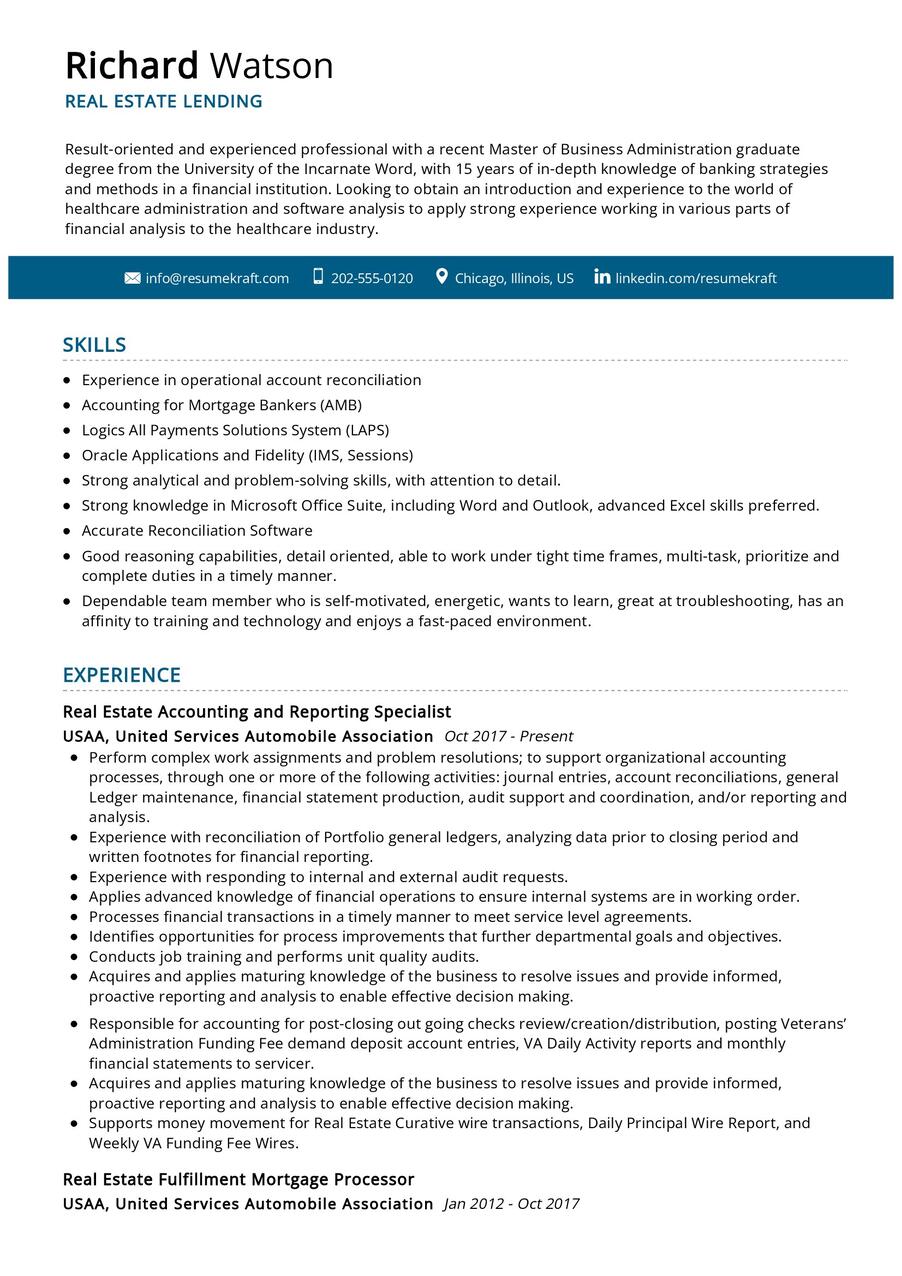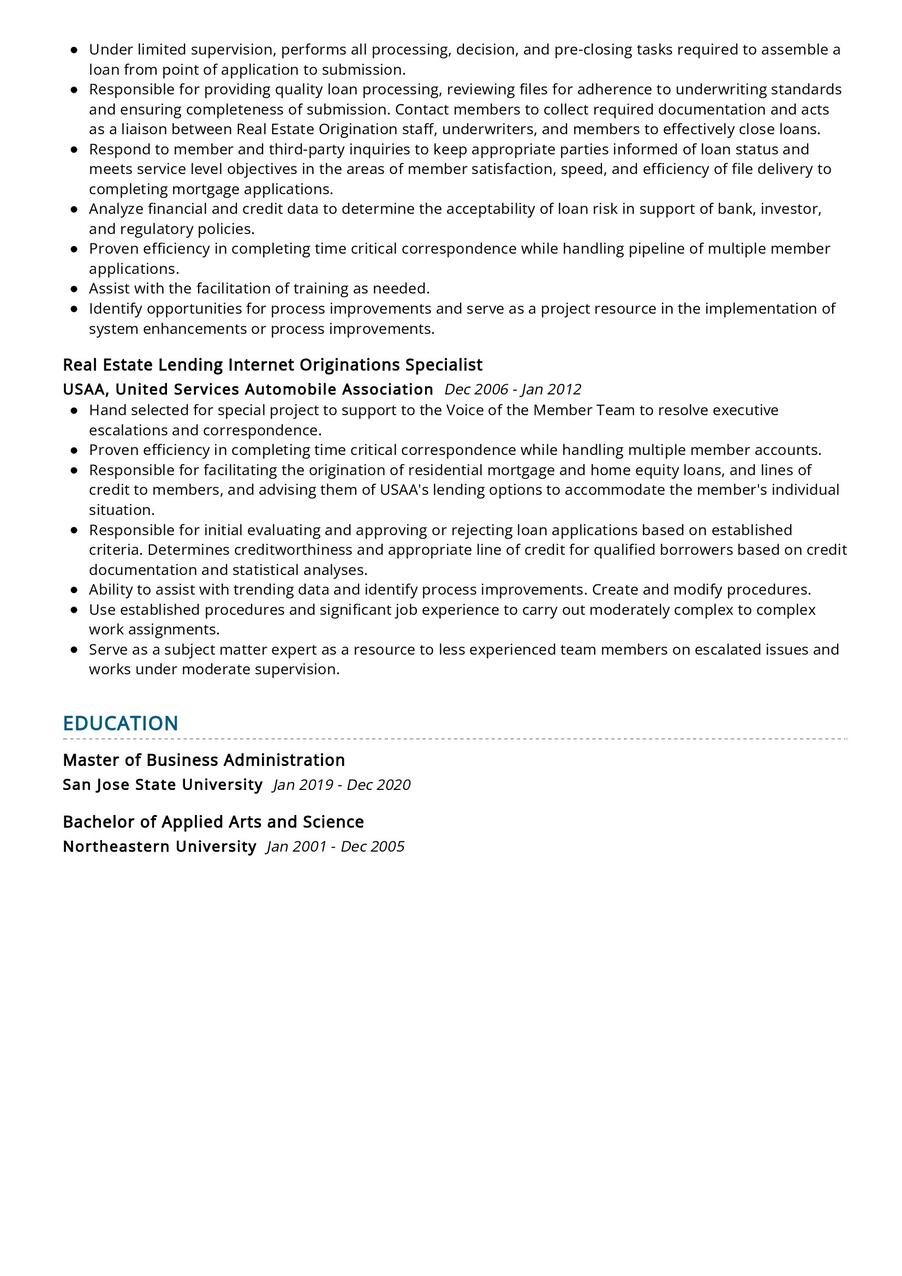Exploring the Dynamics of Real Estate Lending
The realm of Real Estate Lending is a dynamic landscape, playing a crucial role in the financial ecosystem. A Real Estate Lending professional is not merely a financier; they are the architects of dreams, helping individuals and businesses turn their real estate aspirations into reality. In this exploration, we delve into the multifaceted role of a Real Estate Lending expert, understanding the nuances, requirements, and strategies that define success in this domain.
Key Responsibilities in Real Estate Lending
A Real Estate Lending professional carries a significant weight of responsibilities on their shoulders, balancing financial acumen with an understanding of market trends. Let’s dissect the key responsibilities that shape the daily activities of a Real Estate Lending expert:
- Assessing loan applications, meticulously evaluating the financial viability of real estate projects.
- Navigating through complex legal and regulatory frameworks to ensure compliance in lending practices.
- Collaborating with clients to understand their financial goals and tailoring loan packages to meet their unique needs.
- Analyzing market trends and economic indicators to make informed lending decisions.
- Managing relationships with borrowers, guiding them through the loan process with transparency and professionalism.
- Conducting risk assessments to mitigate potential financial pitfalls for both the lending institution and the borrower.
- Staying abreast of changes in interest rates, property values, and other factors influencing the real estate market.
Each responsibility is a puzzle piece, fitting together to create a comprehensive picture of a Real Estate Lending professional’s role.
Qualifications and Skills Required
The journey to becoming a Real Estate Lending expert involves a combination of education, experience, and a diverse skill set. Here are the qualifications and skills that pave the way for success in this field:
- A Bachelor’s or Master’s degree in Finance, Business Administration, or a related field, providing a strong foundation in financial principles.
- In-depth knowledge of real estate markets, finance, and legal regulations governing lending practices.
- Experience in financial analysis, risk assessment, and loan structuring.
- Strong communication skills to interact effectively with clients, legal professionals, and other stakeholders.
- Attention to detail, crucial for evaluating complex financial documents and ensuring accuracy in lending decisions.
- Negotiation skills to navigate terms and conditions that benefit both the lending institution and the borrower.
- Adaptability to changing market conditions and the ability to make sound decisions in a fast-paced environment.
Obtaining additional certifications, such as Chartered Financial Analyst (CFA) or Certified Mortgage Banker (CMB), can further enhance your profile in the competitive real estate lending landscape.
Real Estate Lending Resume Writing Tips
Crafting a compelling Real Estate Lending CV is crucial in showcasing your skills and qualifications to potential employers. Here are some tips to create a standout CV:
- Highlight your successful lending experiences, emphasizing the positive impact on clients and the institution.
- Showcase your ability to navigate complex legal and regulatory landscapes, reassuring employers of your commitment to compliance.
- Quantify your achievements, using metrics to demonstrate the financial success of loans you’ve facilitated.
- List relevant certifications and professional memberships, indicating your dedication to ongoing professional development.
- Customize your CV for each application, aligning your skills and experiences with the specific requirements of the job.
Your Real Estate Lending CV is not just a document; it is your professional narrative, conveying your expertise and potential to prospective employers.
Real Estate Lending CV Summary Examples
Your CV summary is the opening statement that sets the tone for the reader. Craft a powerful snapshot of your career journey with examples like:
- “Seasoned Real Estate Lending Professional with a proven track record of structuring successful loans, driving financial growth for both clients and the institution.”
- “Experienced Lender adept at navigating regulatory landscapes, with a focus on delivering tailored financial solutions that exceed client expectations.”
- “Strategic Real Estate Lender with a keen eye for market trends, consistently making sound lending decisions that contribute to the overall success of the lending institution.”
Your CV summary is your chance to make a lasting first impression, so make it impactful and aligned with your career goals.
Building a Strong Experience Section for Your Real Estate Lending CV
The experience section of your CV is where you tell the story of your career journey. Use this space to highlight key achievements and milestones:
- “Led a team in structuring a high-profile real estate loan, resulting in a 15% increase in the institution’s loan portfolio.”
- “Successfully navigated a complex legal challenge, ensuring the approval of a critical loan that contributed to the client’s project success.”
- “Introduced a streamlined risk assessment process, reducing the time it takes to approve loans by 20% while maintaining thorough due diligence.”
Your experience section should be a testament to your ability to drive success and make a positive impact in the realm of Real Estate Lending.
Educational Background for Your Real Estate Lending CV
Your educational background is a crucial aspect of your CV, showcasing the foundation upon which your expertise stands. Here’s how you can list your educational milestones:
- Master of Business Administration in Finance, XYZ University, a journey of in-depth financial learning and specialization, 2017.
- Bachelor of Science in Business Administration, Major in Finance, ABC University, the cornerstone of your financial education, 2015.
- Certified Mortgage Banker (CMB), a recognition of your expertise in mortgage banking, 2019.
Each educational qualification is a building block in your journey to becoming a proficient Real Estate Lending professional.
Skills Essential for Real Estate Lending
Your skill set is your toolbox, equipped with a diverse range of tools that you have honed over the years. Here are the essential skills for a Real Estate Lending professional:
Soft Skills:
- Communication and interpersonal skills, vital for building strong relationships with clients and stakeholders.
- Negotiation skills, essential for navigating terms and conditions that benefit both parties.
- Attention to detail, ensuring accuracy in financial assessments and compliance with regulations.
- Problem-solving abilities, the knack for finding solutions in challenging financial situations.
- Adaptability and resilience, the strength to navigate changing market conditions.
Hard Skills:
- Financial analysis, the ability to assess the financial viability of real estate projects.
- Legal and regulatory knowledge, ensuring compliance with laws governing real estate lending.
- Risk assessment, the skill to identify and mitigate potential financial risks.
- Loan structuring, the ability to design loan packages tailored to clients’ needs.
- Market analysis, staying informed about trends and economic indicators influencing real estate markets.
Each skill is a tool, aiding you in providing exceptional service and navigating the complexities of Real Estate Lending.
Common Mistakes to Avoid in Your Real Estate Lending CV
As you craft your CV, it’s crucial to avoid common pitfalls that could hinder your chances of landing your dream job. Here are some mistakes to steer clear of:
- Using generic language, a strategy that fails to showcase your unique fit for the role.
- Listing job duties without emphasizing your achievements, resulting in a narrative that lacks depth.
- Overlooking the importance of a cover letter, a missed opportunity to connect with potential employers on a personal level.
- Using industry jargon excessively, which may obscure your true value to non-industry professionals.
- Failing to proofread, a mistake that can leave a negative impression on potential employers.
Avoid these mistakes to craft a Real Estate Lending CV that is both authentic and compelling.
Key Takeaways for Your Real Estate Lending CV
As we conclude this comprehensive guide, remember these key points while crafting your Real Estate Lending CV:
- Highlight your successful lending experiences, showcasing the positive impact on both clients and the institution.
- Emphasize your ability to navigate complex legal and regulatory landscapes with a focus on compliance.
- Quantify your achievements using metrics to demonstrate the financial success of loans you’ve facilitated.
- List relevant certifications and memberships, indicating your commitment to ongoing professional development.
Finally, feel free to utilize resources like AI CV Builder, CV Design, CV Samples, CV Examples, CV Skills, CV Help, CV Synonyms, and Job Responsibilities to create a standout application and prepare for the [Real Estate Lending] job interview.
Armed with these insights and tips, you are now ready to craft a CV that is a true reflection of your journey, your skills, and your aspirations. Remember, your CV is not just a document; it is a canvas where you paint your career story, a story of growth, learning, and success. Best of luck!



